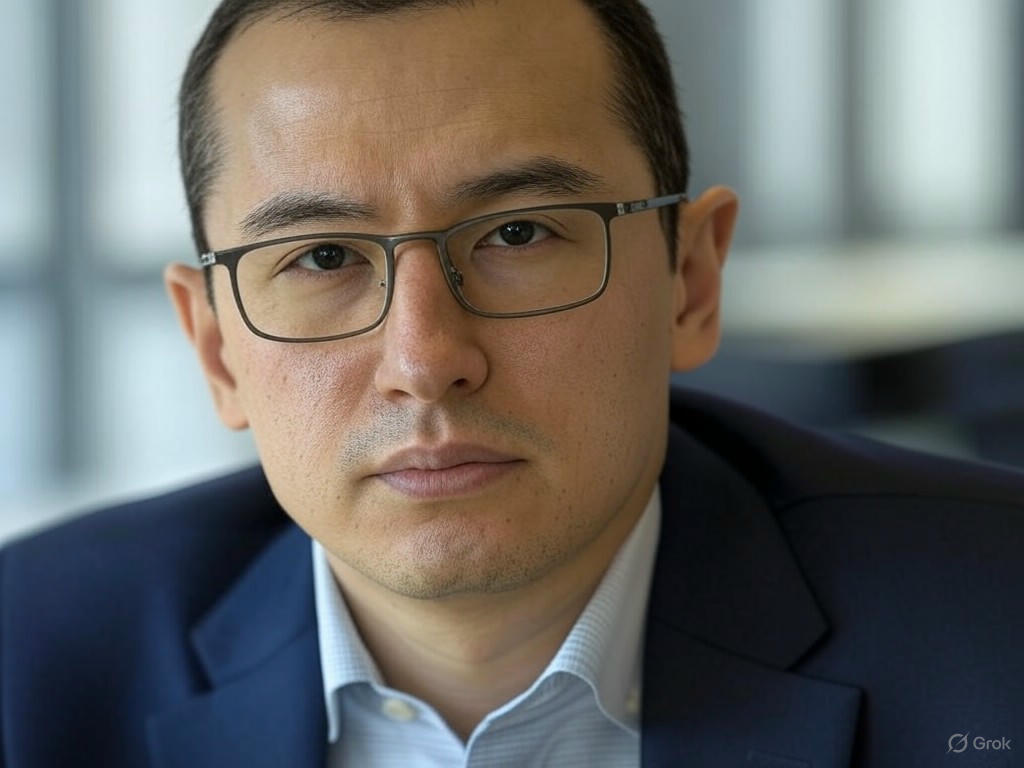Openai, the company behind the widely recognized ChatGPT in the critical development of the intersection of artificial intelligence and national security, has secured a $200 million contract with the US Department of Defense.
The deal marks a pivotal moment for the AI industry as one of its leading innovators stepped into the complex and highly sensitive areas of military use, suggesting a deep relationship between cutting-edge technology and government needs.
As reported by CNBC, the contract awarded to the Openai public sector focuses on the deployment of AI tools to address national security challenges. This follows a previously announced strategic partnership with Anduril, a defense technology startup known for working with autonomous systems, highlighting Openai’s growth footprint in the defense sector. Details of the AI tools under development remain private, but the size of the contract suggests a wide range of applications across enterprise operations and potentially battlefield scenarios.
Openai’s strategic shift
While Openai has long been associated with consumer-oriented generation AI technology, the deal highlights a strategic pivot for government and defense applications. The $200 million transaction is not a financial milestone, but a statement of intent, positioning Openai as a key player in the competition to integrate AI into the national security framework.
Industry insiders note that the move comes when the US government is increasingly dependent on private sector innovation to maintain its technological advantage over its global enemy. The Department of Defense’s decision to partner with OpenAI reflects a broader trend of leveraging commercial AI capabilities for military purposes. This is a change that sparked both excitement and concern in the technological and policy worlds.
Ethical and operational implications
Integration of AI into defence operations raises important questions about ethics, accountability, and possible misuse. Previously highlighting its commitment to responsible AI development, Openai now faces the challenge of balancing commercial success with the moral complexity of military applications. The company’s leadership could be scrutinized as it navigates this high-stakes environment.
Furthermore, the scope of this contract can redefine how AI is used in defense settings. From predictive analysis of threat assessments to autonomous decision-making systems, the possibilities are enormous, but so are the risk of unintended consequences. The Pentagon’s investment in Openai shows confidence in the potential of technology that will revolutionise the war, but it also puts great pressure on the company to provide a robust, safe, and ethical solution.
The impact on a wider industry
The deal is positive for the entire AI industry as other tech giants and startups could similarly seek similar partnerships with government agencies. The $200 million deal catalyzes a wave of innovation tailored to defence needs and can reshape the sector’s competitive dynamics.
As CNBC reported, Openai’s rapid revenue and user base growth positions it as a leader in the AI boom, and the deal further forces its impact. But it also strengthens the spotlight on how AI companies manage the dual use of technologies that serve both civil and military purposes, while maintaining public trust.
Looking ahead
The long-term impact of Openai’s defense contracts has not yet been unfolded, but it is clear that the intersection of AI and national security remains a focus for policymakers, engineers and the public. As the company embarks on this journey, its ability to innovate responsibly is viewed in detail.
For now, Openai is at the forefront of a transformational era where the power of artificial intelligence meets the defence orders. The $200 million contract is not just a business victory, but a harbinger of how AI will deepen the future of global security.



